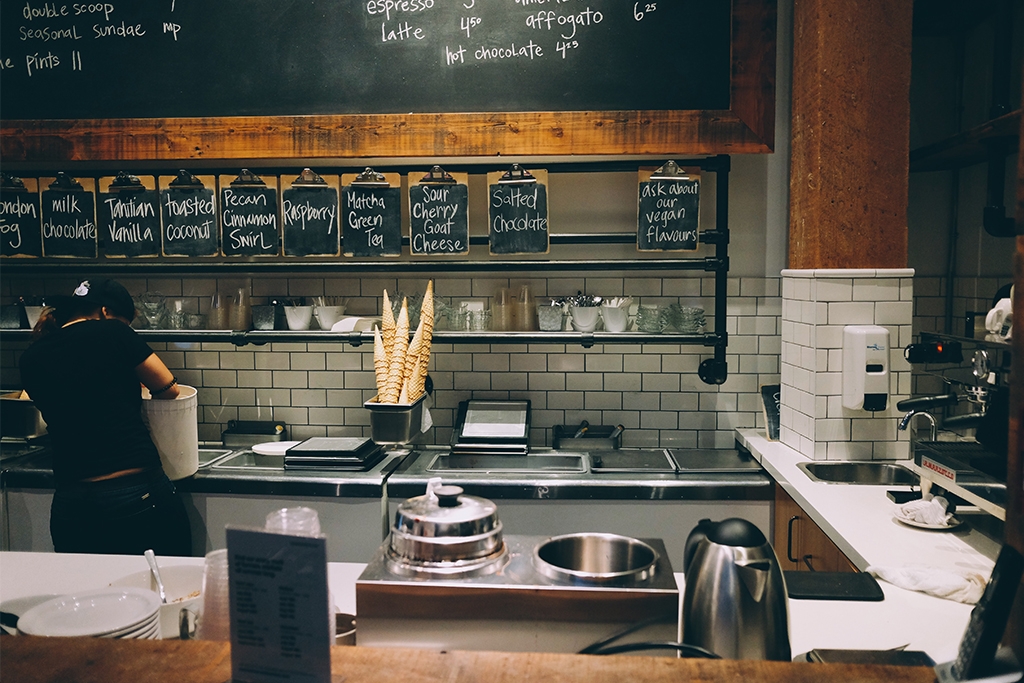Cloud kitchens have been gaining a lot of popularity in the past few years, and with the demand for convenience and delivery-based services growing, it is no surprise that more entrepreneurs are taking interest in this business model.
However, operating a cloud kitchen business is not as easy as it sounds and requires much more than just opening up a kitchen. From coordinating deliveries to finding the right suppliers, there are several challenges that come with running a successful cloud kitchen business.
Managing complex logistics
With no physical storefront to manage, the complex logistics needed to ensure customers receive quality meals can be challenging. Effective management of materials such as ingredients, packaging and other necessary supplies is essential in ensuring that each customer receives their meal on time.
To run a successful cloud kitchen, managers must have efficient systems for managing inventory, tracking delivery times, and ensuring food quality. This requires partnership with reliable suppliers, an efficient delivery schedule, and tracking software. Clear communication among staff is also important.
Competition with established delivery platforms
Cloud kitchens are facing challenges from well-established companies that already have an extensive customer base and can afford to invest significantly more resources in marketing campaigns and technological advancements.
Cloud kitchen owners must come up with unique strategies to differentiate themselves from their competitors. To stand out in the competitive cloud kitchen market, owners must differentiate themselves :
- Unique menu options
- Exceptional customer service
- Innovative technology solutions
- Targeted digital marketing campaigns
- Flexible pricing models
Maintaining Food Quality and Consistency
Running a successful cloud kitchen business requires more than the traditional restaurant operations. Maintaining food quality and consistency is of paramount importance in order to retain customers and ensure repeat business.
Food quality and consistency must be assured throughout every stage of the process, from preparation to delivery.
To maintain food quality in a cloud kitchen, standard recipes with precise measurements and cooking times, high-quality ingredients, and strict hygiene standards must be followed during preparation. Proper temperature control during delivery is also crucial for ensuring both quality and safety for consumers.
Securing and managing Kitchen Space
Securing and managing kitchen space for a cloud kitchen business can present challenges. Cloud kitchens require a dedicated kitchen space for food preparation, which can be difficult to find in desirable locations. Once a space is found, securing it may also prove difficult, as rental agreements and regulations for commercial kitchens can be complex.
Once the space is secured, managing it effectively requires careful planning, as the kitchen must be equipped with the necessary appliances, supplies, and staffing to operate smoothly. This can be a significant investment for cloud kitchen businesses, and managing kitchen space effectively is crucial for ensuring the success of the business.

Acquiring a Customer Database is Critical!
Having your own customer database is essential for effective marketing and promotions. With detailed information on your target audience, you can personalize your promotions through email marketing, SMS marketing, discounts, and special offers for birthdays and more.
However, partnering with delivery companies like Swiggy or Zomato limits your access to customer data. The solution to this problem is to find your own food delivery app, such as Limerr restaurant management solution, which not only serves as a delivery platform, but also helps you manage your inventory and finances.
Marketing and branding
To attract customers and establish a strong reputation, cloud kitchens must rely on digital marketing and branding strategies. For cloud kitchens, effective digital marketing and branding is key for staying on top of their game.
This may involve creating an online presence through a website, social media accounts, and other digital channels. In addition, cloud kitchens may also use targeted advertising, email campaigns, and other marketing tactics to reach their target audience.
Building a strong brand image through consistent messaging, quality food and customer service, and strategic digital marketing can help cloud kitchens to stand out in a competitive market and attract new customers.
Conclusion
In conclusion, managing a cloud kitchen business can be a challenging but rewarding venture. With the right plan and the right team, you can overcome the challenges outlined in this article and establish yourself as a successful cloud kitchen business.
Start by focusing on controlling costs, building a presence online, managing delivery logistics, finding an edge over competition, and creating an attractive offering for customers. Above all else, remember to stay organized and patient as your business grows and evolves.





